Joshin Kokyu Ho is an essential Reiki meditation practice. Translating from Japanese to English is a challenge, and here is a reasonable translation of Joshin Kokyu Ho: The method to re-discover our pure mind through breathing. So, the understanding is that we are already pure and already have clarity of mind, but that we tend to forget that because we get caught up in our own thoughts and stories and judgments.
Why is Joshin Kokyu Ho such an essential and valuable meditation practice we can all embrace?
Joshin Kokyu Ho is about unification. This meditation practice brings together, re-gathers, and unifies all the disparate parts of ourselves into wholeness. This is self-healing — this is wholeness.
Often, we have a centrifugal force in our thinking minds that spins us out into many preoccupations and concerns. And we keep spinning, we keep scattering ourselves, scattering our attention, scattering our focus. We have too much going on and too strong a pull into the fear, worry, and anger.
And it’s not just simply that these thoughts pull us away from the present, but they also pull apart the mind. They pull apart the body. We get tense and preoccupied, and scattered. We are further and further removed from a unified, settled wholeness within ourselves and with others.
Haven’t you ever felt that energy of tension, agitation, restlessness physically? Like a charged ping pong game going on. We are hardly aware that we are breathing, and we might even be holding our breath. Practicing Joshin Kokyu Ho regularly is about re-claiming sovereignty over our own attention, over our own minds. We ease into the slow lane where the mind gathers together with the body through the breath, into a settled, unified whole. Through a focus on the breath, the activation of the mind comes to rest, to settle down into the still gathering point of the hara.
When we practice Joshin Kokyu, we are revealing samadhi. Samadhi means to see things clearly, as they are. And to see things clearly as they are with non-reactivity and some degree of equanimity.
Our own reactivity obscures seeing things as they are. We practice Joshin Kokyu Ho so that we become more familiar with ourselves and the world without getting caught up in reactivity. Through this practice, we can shift into the experience of wholeness and unity. We take a step back from the momentum of our restlessness and agitation.
When we are no longer caught in our reactivity, in our fears, our likes and dislikes, self-healing naturally arises. When we collect ourselves — mind, heart, and body, into the one still point in the hara — movement toward wholeness naturally arises. We are in the process of becoming whole; in the process of unification, in the process of gathering ourselves together. More and more, we see how the fixations of our own mind take us away from wholeness and settledness.
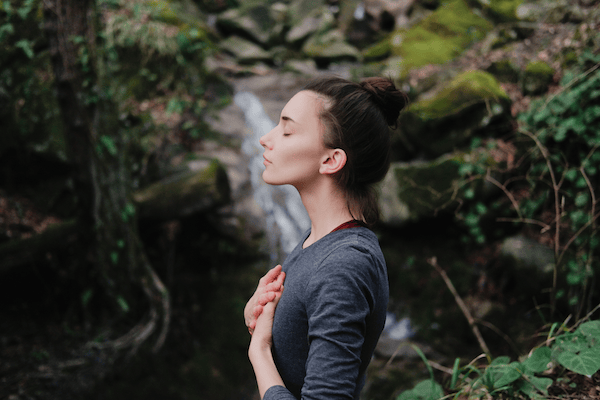
With the practice of Joshin Kokyu Ho, we sit with the body and shift into the slow lane. We invite that restless mental energy to drain down into the lower part of the body with each inbreath. Allowing the energy that is floating around our head to pour down from the head, through the torso, to the still point of the hara.
With the lengthened outbreath, we support bringing the mind back from its entanglement with our thoughts, commentaries, agendas, memories, plans. We bring the mind back to clarity and presence when it is settled in the still point of the hara.
Maybe the most important thing that we can ever do for ourselves and others is to sit down and unravel the confusion in our mind.
The practice is not a roller coaster ride of excitement. It’s really quiet and steady. And in that stillness, we can be with what’s here. To see what qualities are here, see what difficulties are here, without shying away from them. We meet what is in the kokoro (the heart-mind), appreciating that the mind is showing us something that’s important to be seen, to be healed. Only by seeing the contents of the mind can we purify and settle the mind and unite the mind with the body. Otherwise, the mind is all over the place.
At this time of polarization and fragmentation in the world, our settled, unified mind-body can touch worlds by expressing care, concern, tenderness, connection, and, if so moved, taking compassionate action. We are fortified to stand up for what matters, speaking truth with nourishing words so we all may collectively thrive.
Just like we are settling our mind into our body with our breath in the practice of Joshin Kokyu Ho, we can take in and include the whole world with our breath, compassionately. Inviting it all in to sit and be settled with you.
Article by Reiki Master Elise Brenner
Free eBook download: We’ve created an eBook with our best articles on this topic, and offer it for free to all our newsletter subscribers.
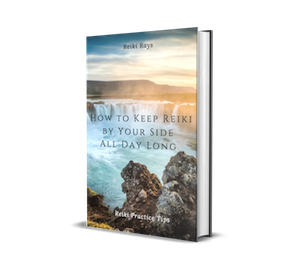

Elise Brenner (Pronouns: she/her), PhD, Assistant Teaching Professor in the Departments of Public Health and Sociology at Simmons University in Boston, Massachusetts, Reiki Practitioner & Teacher and Mindfulness Meditation Teacher, is committed to wellness equity in all of the services she provides. The owner of Brenner Reiki Healing in Newton, Massachusetts, Elise provides comprehensive training in all levels of Reiki, having trained physicians, nurses, social workers, physical therapists, teachers, and people of all ages and backgrounds. Brenner has provided Reiki training for staff at Boston’s Beth Israel Deaconess Medical Center staff, Edith Nourse Rogers Veterans Administration Hospital in Bedford, MA, and Tufts Medical Center in Boston. Brenner is the co-author of the 2022 book, Reiki: A Self-Practice to Live in Peace with Self and Others, published by John Hunt Books.
Elise has a clinical Reiki and Mindfulness practice in which she provides individualized Reiki and Mindfulness sessions to people who are experiencing physical, mental, and emotional distress. Brenner further provides Reiki and Mindfulness outreach workshops and presentations to organizations, incorporating mind-body skills for the staff and populations they serve, including the Livestrong Program at the YMCA; Harbor Health Elder Service Plan in Boston; support groups for survivors of domestic abuse; support groups for individuals struggling with Vestibular Disorders; psychosocial support groups for cancer patients; support groups for carers of those with chronic conditions.
As an anthropologist, Elise Brenner has researched cross-cultural healing practices, thereby enriching the scope and depth of her Reiki and Mindfulness practice. Elise savors time in the woods and has begun to compose eco-poetry.
Email: [email protected]
Website: www.BrennerMindfulPaths.com

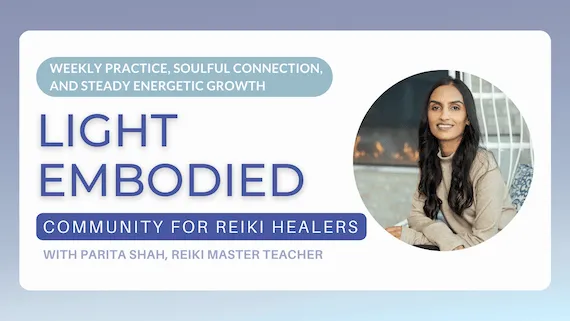
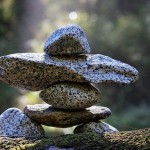
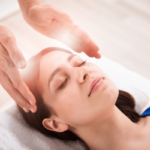

Leave a Reply